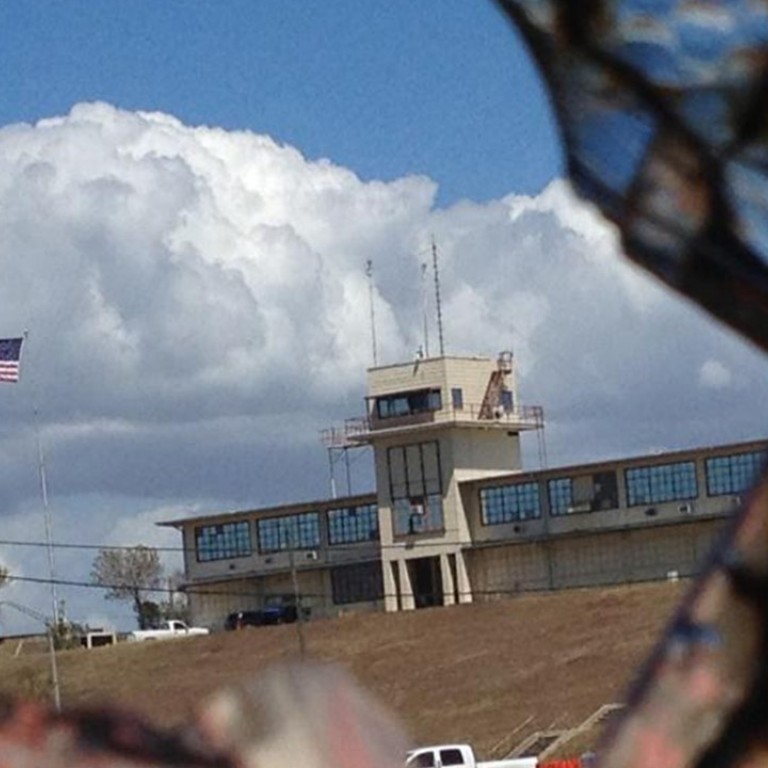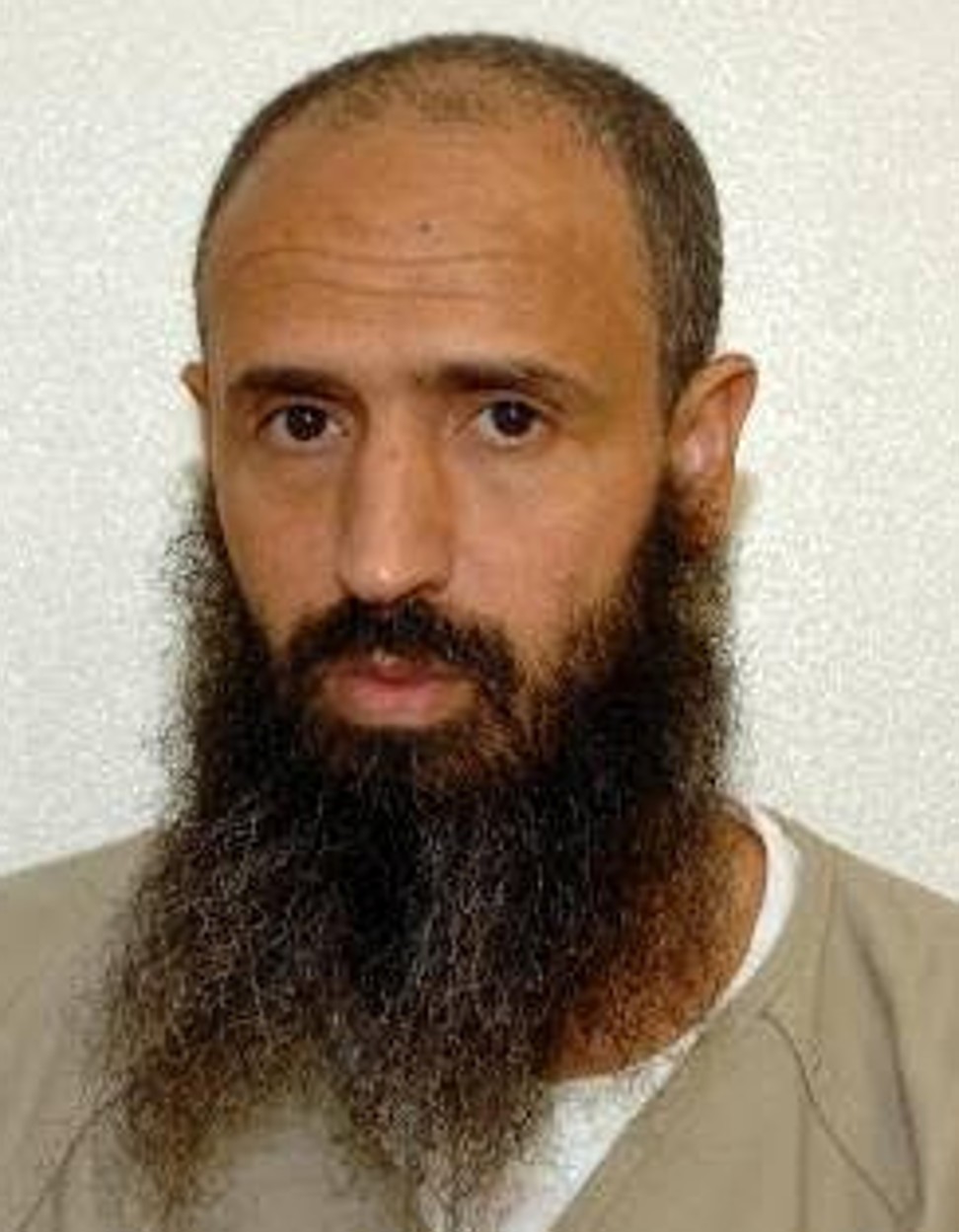
Guantanamo’s indefinite detainees, held without charge or trial, will die there unless court intervenes: lawyers
A new legal challenge seeks to end indefinite detention without trial at Guantanamo Bay, as lawyers for 11 men who have been held at the military facility for up to 16 years argue that their imprisonment has gone on too long.
The motion, filed at federal District Court in Washington on Thursday, asserts that the detention of 11 prisoners, none of whom have been charged during their decade and a half at Guantanamo, violates US and international law.
The group represents a large share of the detainees remaining who are not facing trial in a military court process at the prison, which us President Donald Trump has promised he will keep open and potentially use to house new terrorism suspects.
Wells Dixon, a senior staff lawyer at the Centre for Constitutional Rights, which was involved in putting forward this week’s action, said the Trump administration had opened itself up to a legal challenge because it appeared to intend to leave inmates at Guantanamo for the foreseeable future, even those who face no charges.
The motion argues “really for the first time, that the men who remain at Guantanamo simply have been held for too long,” Dixon said. “These men will likely die in Guantanamo unless the courts intervene.”
A spokeswoman for the Justice Department declined to comment, saying officials were reviewing the filing.
The new legal action could present a test of the Trump administration’s resolve in keeping the controversial prison in operation and breaking with the previous administration’s practise of releasing detainees overseas, which many Republicans allege has threatened American security.
With just 41 prisoners remaining, the population at Guantanamo is a fraction of the more than 700 it housed in the wake of the 2001 attacks on New York and Washington.
Trump, criticising the actions of his predecessor, vowed after his election that he would end detainee transfers and fill the naval station perched on a corner of Cuba with “bad dudes.”
Trump has backed off that promise in recent months, suggesting it would take too long to try the suspect in a November terrorist attack in the dysfunctional process for trying Guantanamo detainees.
More than 16 years after the September 11 attacks, trials for those suspects are stuck in years of logistical and security delays and could be years away from conclusion.
Several of the men included in Thursday’s filing were granted approval to be resettled overseas after undergoing a security review by the Obama administration but did not end up being among the 196 inmates his administration repatriated or sent to a third country.
The highest-profile prisoner in the group is Abu Zubaida, an alleged al-Qaeda operative who was tortured at a secret CIA facility before being brought to Guantanamo in 2006.
In their filing, the lawyers for the detainees argue that the Trump administration’s decision not to consider resettlement or alternate arrangements for detainees who have not been charged violates their due process rights.
A spokeswoman for the Pentagon said the Periodic Review Board process, which convenes officials from across the government to consider whether a detainee continues to pose a risk, has continued.
But the Trump administration has not appeared to use that review mechanism to move prisoners toward overseas transfer.
Lee Wolosky, who served as special envoy for Guantanamo closure under the Obama administration, said the Trump administration’s approach “flies in the face of the history of US detention policy under both Republican and Democratic administrations.”
The motion also argues that the ongoing detention of two men already cleared for transfer, a Yemeni and a Moroccan, has no legal purpose because the Trump administration does not intend to move them overseas.
Also at issue is the Authorisation for Use of Military Force passed in the wake of the September 11 attacks, which has been cited as a basis for military detentions and ongoing combat operations overseas, but which lawyers for the 11 men assert cannot justify indefinite imprisonment.
Jack Goldsmith, a professor at Harvard Law School who has written extensively about national security issues, said that assertion, and the argument that Trump has failed in his responsibility to examine each detainee’s case individually, was unlikely to succeed in court.
“It is doubtful but conceivable that those arguments could get traction,” Goldsmith said in an email, also referring to the motion’s argument that Trump has already lost legal challenges which assert the president has showed bias against Muslims.


